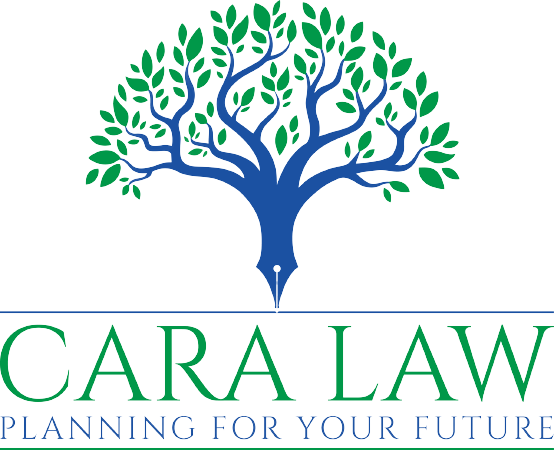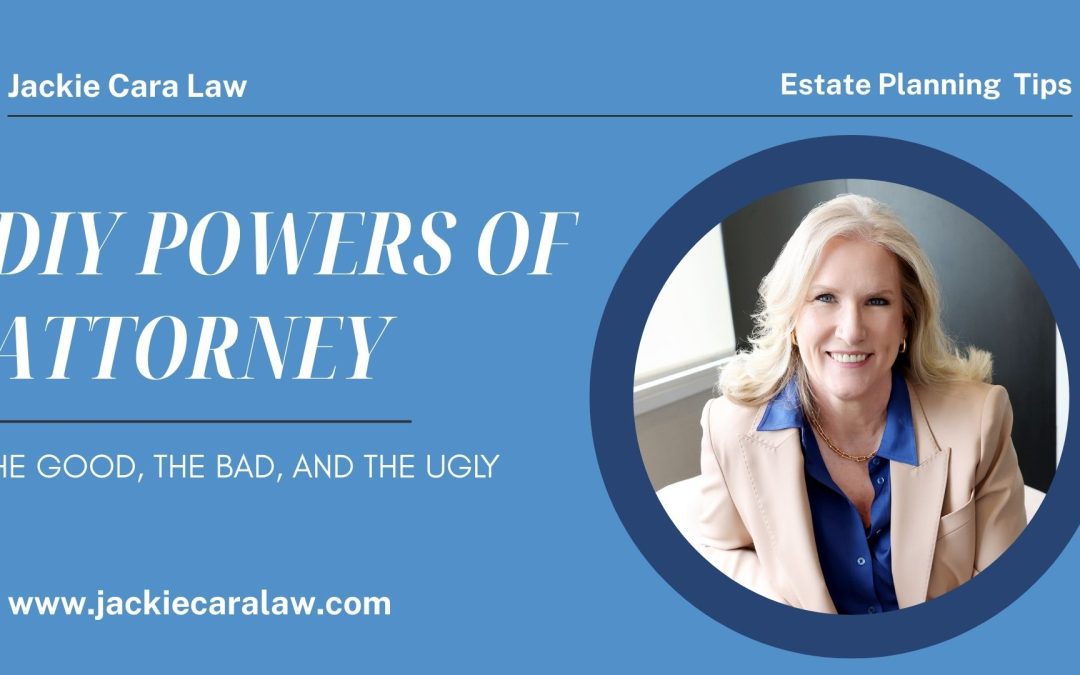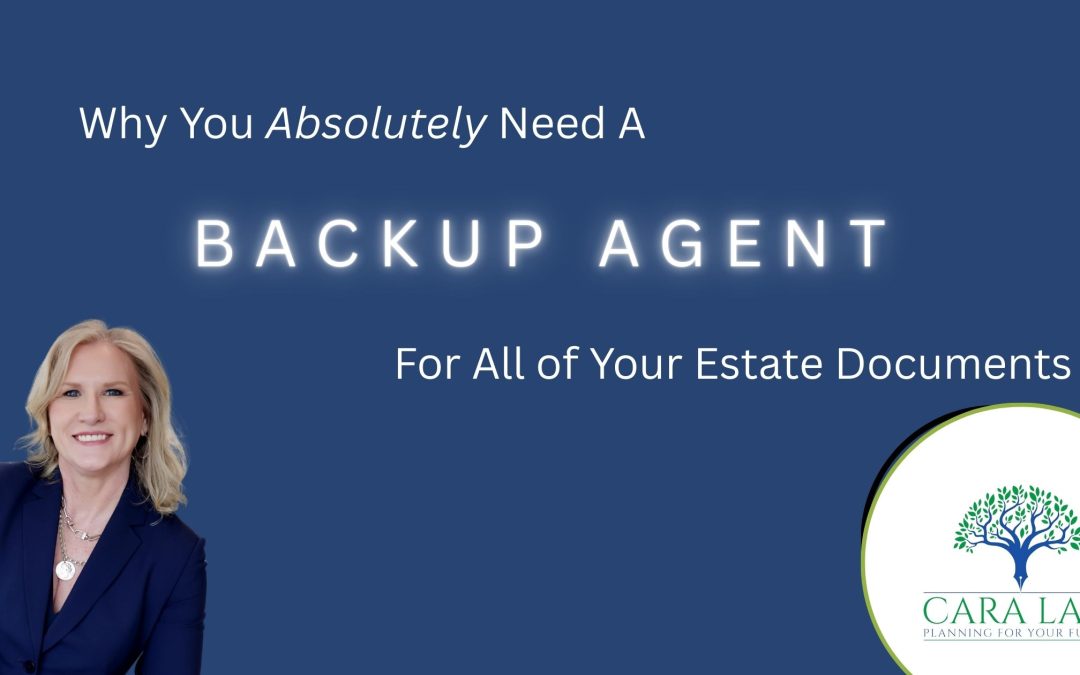Did you know you can utilize reverse mortgage financing to purchase a new home?
The Federal Housing Administration and the Housing of Urban Development made this financing available in 2008. The FHA and HUD implemented this program to eliminate the need for
borrowers interested in purchasing a new home from having to do two transactions.
A HECM for purchase works the same way as a standard HECM. The loan calculates using the age of the youngest borrower/spouse, the value of the home and the interest rate. Typically,
borrowers are putting down 60% to 65% of the purchase price in this interest rate environment. Let us look at an example of a married couple’s profile who may want to utilize this financing:
Bob and Heather 68 and 65 are looking to sell their family home and purchase a new home that is more suitable for their needs now that their kids are all grown and out of the house. They want to start working less and enjoy life a bit more without worrying if they have enough assets to live this next stage of their lives together.
Bob and Heather’s home value is $700,000 and they have a home equity line of credit for $100,000. They utilized a traditional home equity line of credit over the years to help fund college education of their children.
Bob and Heather have a fixed income of about $5,000 monthly and they are just meeting their monthly financial obligations and are no longer saving any money. They do have retirement assets valued at about $800,000 Their stock portfolio is down 40% from its highs and they are nervous of selling assets at lows. They also have a low-cost basis on many of their investments and may have capital gains that may or may not create a tax liability.
Bob and Heather have three options for them to achieve their goal of selling and downsizing to a new home.
- Sell their home for 700k less 6% for realtor commission and moving expenses leaves $658,000. After paying off a small home equity line of credit for $100,000, Bob and Heather have $558,000 left to purchase their new home. They would like to have some liquidity after the sale for emergencies, help children when needed, and for their own leisure. The new home they are interested in purchasing is $550,000 which leaves them $8,000 of liquidity.
- Get pre-approved for a traditional mortgage to help with the liquidity and preserve equity from the sale of the family home. For example, $200,000 mortgage on a 30 year term at 6.25% = $1,231.43 principal and interest. Carrying cost for the new home is $1,000 monthly for a total housing payment of $2,231.43. This would leave Bob and Heather $208,000 of liquidity.
- Utilize HECM for purchase financing and obtain a loan for $200,000 at 7.0%. This would also enable Bob and Heather to have $208,000 preserved from the sale of their family home.
The annual interest cost would be $14,000. As an option Bob and Heather can treat this loan like a lifetime traditional home equity line of credit and pay the interest at $1,166.66 monthly. This would keep the loan balance at $200,000.
Bob and Heather can also not make the payments and be cash flow positive and liquid for the additional $200,000 that they preserved from their sale by taking the loan.
The negative of not making payments at 7% interest will result in the balance to double to $400,000 in approximately 10 years. This may be a concern for Bob and Heather to consider if they plan to leave as much equity to their estate as possible.
Robert Tollin, CRMP, CDLP, is a guest poster for Jackiecaralaw.com, and has been a mortgage consultant since 2001. Robert has been a long-time sponsor and speaker at The Long Island Financial Planners Association and at the Long Island Tax Symposiums. Robert earned a special designation in reverse mortgages as a Certified Reverse Mortgage Professional. Nationwide Mortgage Bankers enables Robert to provide a full suite of home loan products for residential 1- 4 family homes.
Robert and Nationwide offer an array of home purchase programs, and he is enthusiastic about educating consumers and professionals alike about the purchasing process. If you want to learn more about how Robert may be able to help you, contact him directly at (516)652-8371 or rtollin@nmbnow.com.
Robert Tollin, CRMP, CDLP, is a guest poster for Jackiecaralaw.com, and has been a mortgage consultant since 2001. Robert has been a long-time sponsor and speaker at The Long Island Financial Planners Association and at the Long Island Tax Symposiums. Robert earned a special designation in reverse mortgages as a Certified Reverse Mortgage Professional. Nationwide Mortgage Bankers enables Robert to provide a full suite of home loan products for residential 1- 4 family homes.
Robert and Nationwide offer an array of home purchase programs, and he is enthusiastic about educating consumers and professionals alike about the purchasing process. If you want to learn more about how Robert may be able to help you, contact him directly at (516)652-8371 or rtollin@nmbnow.com.






